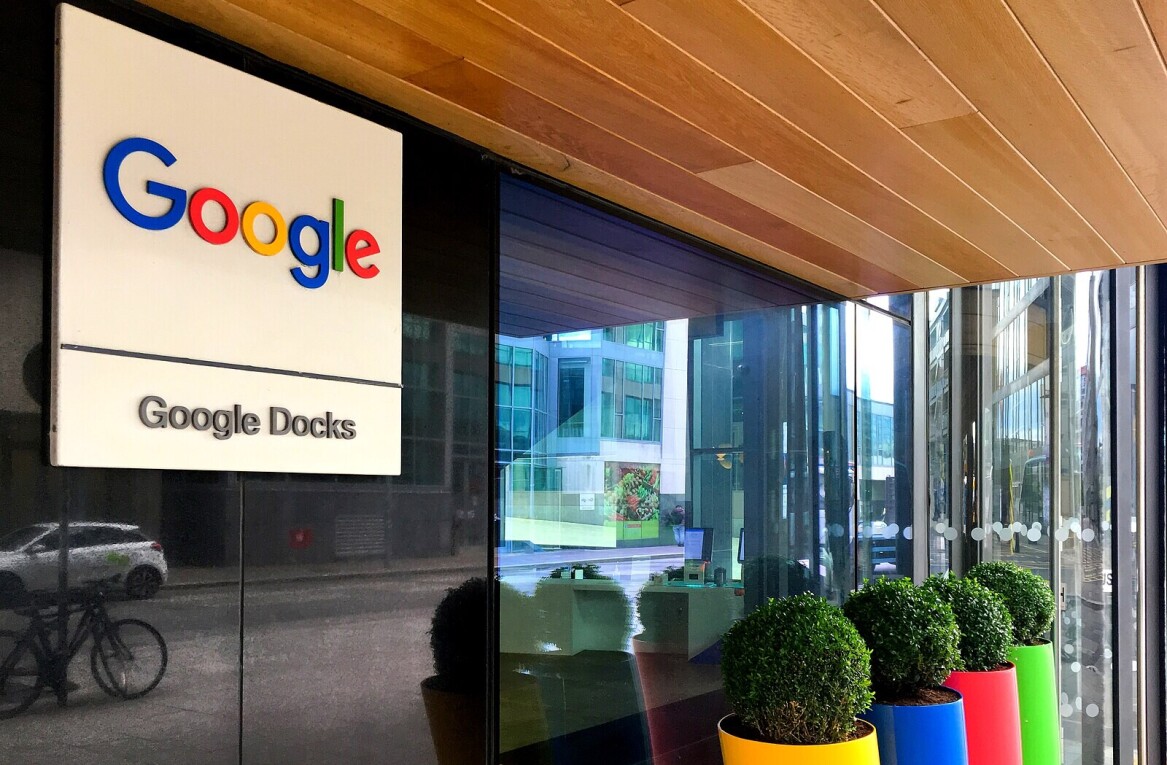
 The FCC has issued a public notice (PDF) stating that it would launch further inquiries into broadband industry practices and consumer concerns. Given how long these sorts of inquiries take, this almost certainly means that we’re not going to see regulation of service provider practices anytime soon.
The FCC has issued a public notice (PDF) stating that it would launch further inquiries into broadband industry practices and consumer concerns. Given how long these sorts of inquiries take, this almost certainly means that we’re not going to see regulation of service provider practices anytime soon.
On the positive side, the notice very strongly indicates that the FCC has sided with consumer interests against some of the more troubling parts of the regulation proposal put forward by Google and Verizon.
There are two main pieces to the inquiry. The first is to learn more about “Specialized Services” which may bypass or supplant the open internet. One of the big concerns about the Google-Verizon proposal is that a company like Google could put servers for YouTube on site with Verizon’s towers, allowing Verizon customers priority access to YouTube as they would not have to actually connect to the internet to use it, i.e. YouTube’s content would be on Verizon’s non-internet network.
Of the FCC’s proposed solutions, none of them are to prevent this sort of priority access, but the organization does seem to be edging strongly on the side of severe limitation. Two very good suggestions from the notice are 1) to limit how many priority services a carrier can provide, and 2) to guarantee the continued expansion of open broadband internet access so priority services don’t start to slowly replace the internet.
The other component to the FCC inquiry is to find out “how, to what extent, and when openness principles should apply to mobile wireless platforms.” Google and Verizon raised ire when they suggested that no net neutrality regulations should be applied to mobile internet access. This section does not propose any real protections for consumers, other than that providers disclose what services they would choose to “manage,” meaning how they would throttle traffic.
Get the TNW newsletter
Get the most important tech news in your inbox each week.




